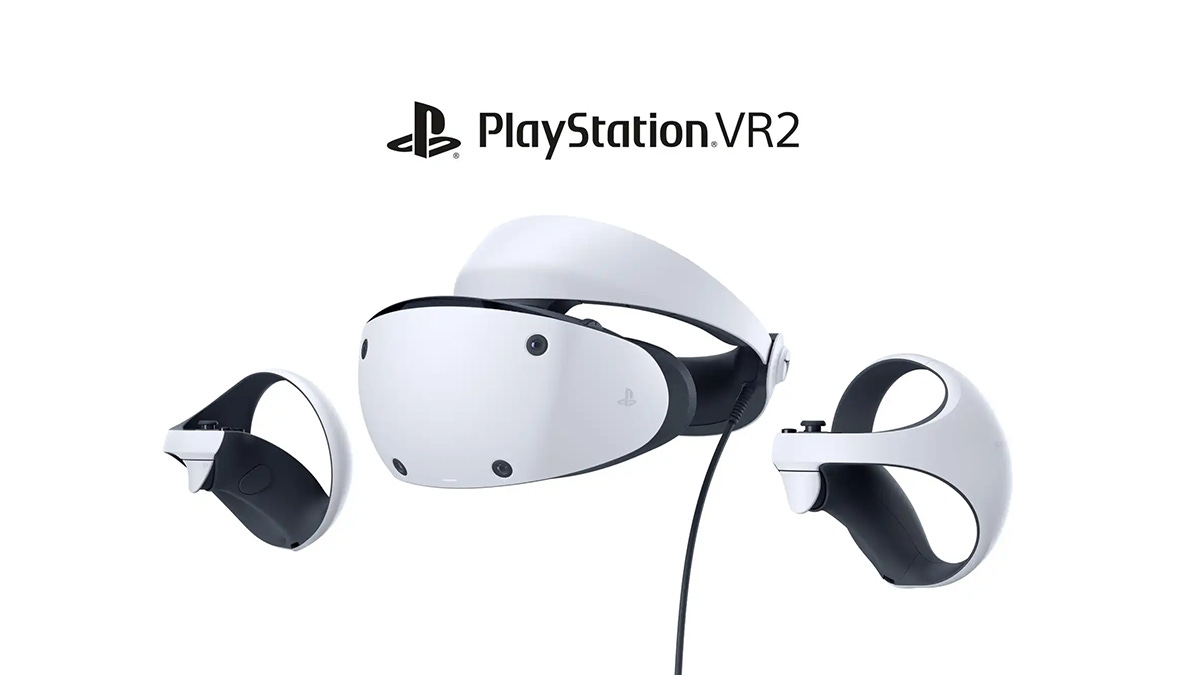Trending
Opinion: How will Project 2025 impact game developers?
The Heritage Foundation's manifesto for the possible next administration could do great harm to many, including large portions of the game development community.
Meta faces some competition as it tries to conquer the mixed reality and metaverse markets.

Meta's currently dominating in the mixed reality space, but developers are slowly but surely turning their attention to Sony's incoming PlayStation VR2.
In GDC's State of the Industry survey for 2023, 18 percent of surveyed developers said they planned to release their next game on Sony's upcoming VR headset. And of the many VR headsets that have caught their interest, 35 percent expressed interest on the PS VR2.
All that said, the Meta Quest headset was said to be the most interesting VR headset by 39 percent of developers, and 36 percent said their next game would come to the Quest. Still, the growing interest in the PS VR2 is good news for Sony.
Ahead of the PS VR2's February 22 release, Sony has said the device would be easier to port previously released games for. It's said to support production for Unity and Unreal at launch, and dummy data for eye and tracking data without the need of wearing a headset.
The GDC survey further revealed that 35 percent of game developers are currently making titles for the Meta Quest, up from the previous year's 27 percent. 19 percent of developers find themselves interested by the Meta Quest Pro (previously "Project Cambria"), which will release on October 22 for $1500.
Last year, 42 percent of developers said they were or presently are in the mixed reality (VR/AR) game industry. For 2023, that number has gone down to 38 percent, which is said to be in line with 2021's numbers. A possible reason for the decline in mixed reality developers wasn't given.
For games, much of 2022 was defined by high-profile studios like Square Enix attempting to get in on the metaverse. But from the State of the Industry survey, the majority of developers believe that the only team that will pull that off is Fortnite.
14 percent of participants put their faith in Epic Games' cartoony battle royale to deliver on the promise of the metaverse. Other potential candidates like Meta's Horizon Worlds or Minecraft are at half that faith, or a fair bit lower: 3 percent of developers picked Apple's unannounced metaverse, and 2 percent went to bat for Sony's 2019 game Dreams.
That's only for those who believe in the metaverse, though. 45 percent remain skeptical about its potential, up by 12 from 2022's 33 percent. In August 2022, Perforce conducted a survey with game developers about the metaverse, and 39 percent of those participants were equally unconvinced of the metaverse's merit.
Per one survey taker, one of the metaverse's biggest hurdles is its image problem. "The 'metaverse promise,' as it stands, is nothing," they said. They likened it to cloud gaming in the 2010s, adding that "the people
trying to sell it have no idea what it is, and neither do the consumers."
That same person said the metaverse is in need of cheaper (and better) hardware, and a gimmick that makes it truly stand out from the pack. "It needs to offer a truly unique experience that you literally can’t get somewhere else—and not just ‘that thing we can already do, but in VR."
"The metaverse must be built by its own users in a platform that is meant for public use; a creative shared space. [...] It needs to be built of things users actually care about.”
Game Developer and GDC are sibling companies under Informa Tech. The 2023 State of the Industry report was produced in a collaboration between Game Developer and Game Developers Conference.
You May Also Like